In the News
-
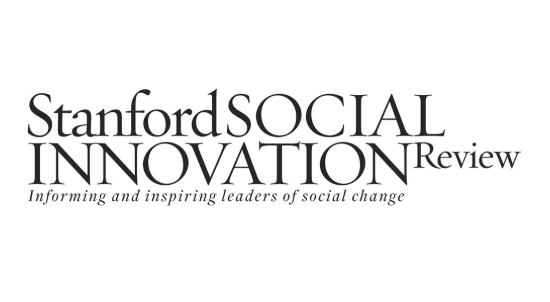 21 September 2022
21 September 2022Instead of Disruption, Leverage What Already Exists
In times of extreme political polarization and governmental dysfunction, “leverage-first” organizations create impact by working within existing systems, however imperfect they may be. -
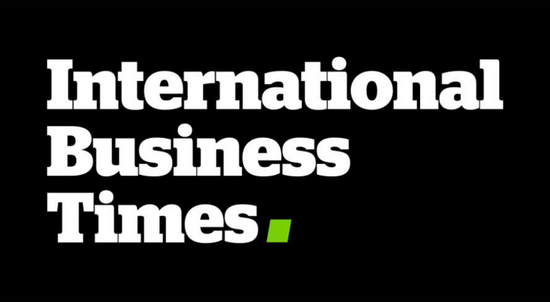 13 September 2022
13 September 2022Who Pays The Cost Of Europe’s Energy Crisis?
As Europe’s economy continues to buckle under a worsening energy crisis, proposals to expand investment in green energy projects should be welcome news. However, local communities that stand to be impacted by these projects have ample cause for alarm, given these institutions’ worrying track records of causing direct harm through their investments. -
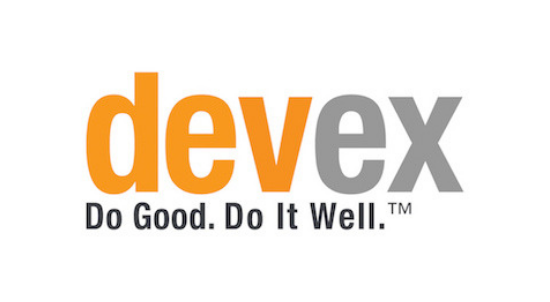 9 September 2022
9 September 2022The 2 year wait for a way to complain about USAID projects
In 2020, USAID was directed to create an accountability structure, in order to address this, via an explanatory statement accompanying appropriations legislation. Almost two years later, USAID is still working on this mechanism and is yet to reveal what it might look like. -
 30 August 2022
30 August 2022Analysis: Development banks under pressure to compensate harmed communities
One activist group, the non-profit Accountability Counsel, points to a 231% rise in complaints between 2009 and 2019 as evidence development banks are backing projects without regard for communities. -
 25 August 2022
25 August 2022Call for US Greenwashing Rules to Extend to Human Rights
At present, companies complicit in abuse of local populations can not only keep high ESG ratings, but sometimes see them increase. This is the message to the SEC from three non-profit organisations concerned with human rights and the environment: Inclusive Development International (IDI), Accountability Counsel (AC) and Friends of the Earth US (FoE US). -
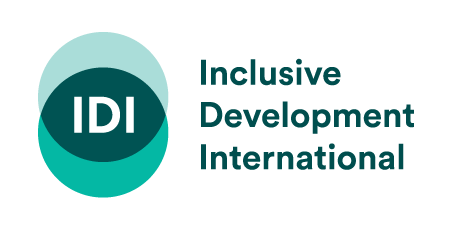 19 August 2022
19 August 2022Human rights and Environmental Justice Advocates Respond to SEC’s Proposed Rules for ESG Funds
Inclusive Development International joined Accountability Counsel and Friends of the Earth-US this week to submit comments responding to the U.S. Securities and Exchange Commission’s (SEC) proposed rules for “ESG” oriented investment funds, or funds that consider environmental, social and governance factors in their investment decisions. They urged the SEC to go beyond disclosure requirements and actually define ESG in order to crack down on the false and misleading marketing of many ESG funds more directly and to regulate the flawed data collection and ESG ratings systems that inform their portfolios. -
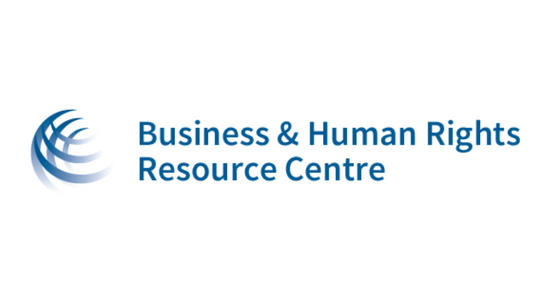 10 August 2022
10 August 2022中国:银保监会新指引中的申诉程序如何防止“绿色”ESG投资损害地方社区 (China: How grievance procedures in new CBIRC guidelines prevent ‘green’ ESG investments from harming local communities)
A new Chinese translation of our recent article in the South China Morning Post. -
 4 August 2022
4 August 2022Advancing justice through solidarity fundraising
We refer to this joint effort – through a relationship that extends beyond our substantive work together – as “solidarity fundraising.” Solidarity fundraising is the act of leveraging funding relationships for the benefit of peer and partner organizations. By making high-value introductions to aligned funders, we can apply an equity-driven framework to philanthropy–starting at the grassroots level. -
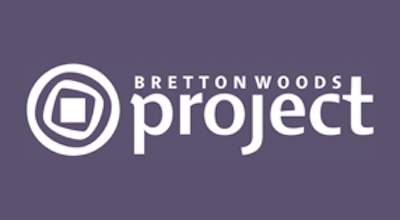 21 July 2022
21 July 2022Why the IFC can’t afford to squander this opportunity to get remedy right
The International Finance Corporation has a critical opportunity to create a framework for remediating harm to communities, including those currently suffering as a result of IFC’s financing. -
 16 June 2022
16 June 2022How China’s new complaints procedures can prevent ‘green’ ESG investments from harming local communities
Guidelines now require Chinese banks and insurers to set up grievance mechanisms, which will allow affected communities to speak up – and investors to better address their risks. -
 15 June 2022
15 June 2022These Haitians Were Children When A US-Funded Project Evicted Them From Their Land. They Can’t Afford College.
The industrial park opened with big promises and big-name backers like Hillary Clinton and Sean Penn. But for the families evicted from their farmland, the development brought financial ruin. -
 2 June 2022
2 June 2022How ‘Greenwashing’ Cost a CEO His Job
Margaux Day, policy director at Accountability Counsel, says there has been a “culture of impunity” when it comes to mislabeling ESG investments. “Investors who are claiming to do ESG investments need to have accountability frameworks in place,” she says. -
 25 May 2022
25 May 2022CSO’s call on AfDB to implement policies to address their concerns
A coalition of African civil society organisations have bemoaned the lack of engagement between the African Development Bank and Civil Society. According to them, even though the bank had many policies tailored to assisting CSO’s, their implementation has been poor over the years. -
 18 May 2022
18 May 2022Climate Finance Greenwashing Is Happening: We Have Tools to Prevent It, But Need Adoption At Scale
Greenwashing – money that purports to address climate change but doesn’t, or even does the opposite – is nefarious because it is easily hidden, and therefore hard for investors and the average climate conscious consumer to address. But community-driven accountability tools exist that can prevent greenwashing, and it’s urgent that investors demand that they become common practice in a hundred trillion dollar industry that is scaling up with private sector support to address our climate crisis. -
 18 May 2022
18 May 2022Opinion: UNOPS probe shows need for impact-investing accountability
The still developing scandal at the United Nations Office for Project Services highlights what many of us in the development finance and impact-investing sectors already know: A lack of accountability and good governance inevitably leads to systemic abuse. -
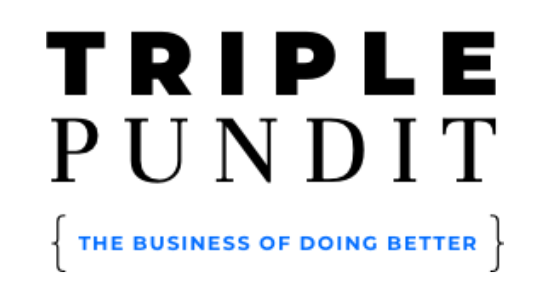 9 May 2022
9 May 2022Clean Energy Mustn’t Scale at the Expense of the World’s Indigenous People
Investors and project planners must take cautionary measures when executing climate mitigation and clean energy projects to prevent adverse effects on Indigenous and other local communities, Accountability Counsel says. Yet during many of these projects’ planning phases, there is frequently a lack of local community engagement, a dearth of educational awareness and a failure to provide sufficient security. -
 4 May 2022
4 May 2022World Bank Reviews Alleged Abuses by Cambodian Microlenders
The World Bank is reviewing a complaint by two Cambodian human rights groups alleging that microlenders backed by the development bank’s financing arm have engaged in predatory debt-collection practices, including pressuring borrowers to sell their land. -
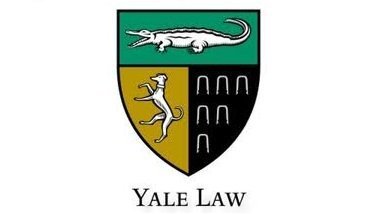 27 April 2022
27 April 2022Postgraduate Fellow Spotlight: Megan Pearson ’21
Megan Pearson ’21 reflects on her time so far as a Bernstein International Human Rights Fellow at Accountability Counsel’s Policy Team. -
 29 March 2022
29 March 2022Opinion: What development finance institutions don’t want you to know
In spite of clear evidence, DFIs largely refuse to provide remedy for harm caused by their own projects. A recent report from the United Nations confirms that the state of remedy in development finance is lacking and that DFIs are not being held to account. It also sets out a road map for what DFIs need to do. -
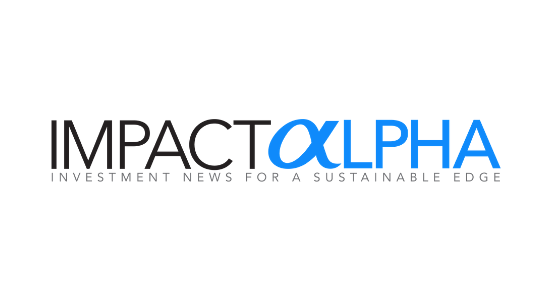 14 March 2022
14 March 2022Listening to community voices to combat ‘impact washing’ and promote good governance
IMM standards are numerous and range from specific disclosures to high-level principles, but they largely attempt to achieve the same thing – accurate assessment of and reporting on an investment’s net impact on people and the planet. Community-informed IMM requires investors to put into place mechanisms to hear from communities and redress harm.

